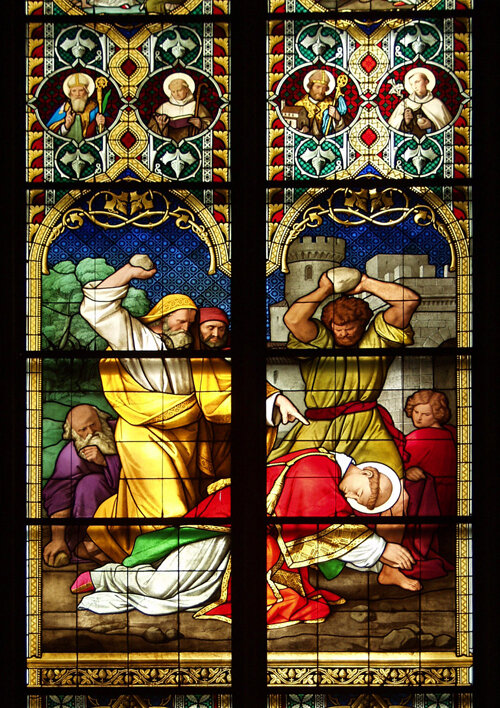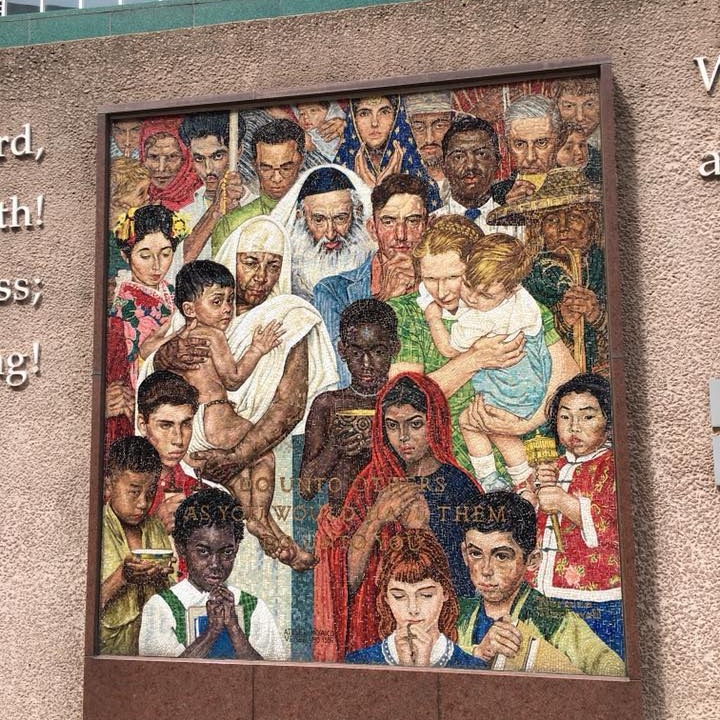Synopsis: This beloved text from Habakkuk helped spark the Protestant Reformation. Martin Luther, exhausted and exasperated from the ritual demands of Medieval Christianity, heard these words scream in his soul, “The just shall live by faith.” With each passing generation, we make our contribution to each chapter of God’s Story, and on All Saint’s we remember and honor the lives of those who have gone before us as we draw courage from their witness. The stories of our past inspire us into our future as we stand on the shoulders of giants who continued the great work of the Church which Karl Barth described as semper reformanda––always reforming. There is no Church of the old or the young. There is no Church that is not evolving, changing, or growing. Wherever the Church is and wherever the Holy Spirit is still breathing life through God’s Word made flesh, there will always be Reformation.
Keywords: Jesus, Holy Spirit, All Saints, Church Universal, history, saints, past, story, future, vision, hope, Reformation













